Online security isn't just a good idea anymore -- it's an essential safety measure for anyone using the web. Take these 10 simple precautions right now.
Research and publish the best content.
Get Started for FREE
Sign up with Facebook Sign up with X
I don't have a Facebook or a X account
Already have an account: Login
Get weekly or monthly digest of all posts in your inbox: https://fmcs.digital/wim-subscribe
Curated by
Farid Mheir
 Your new post is loading... Your new post is loading...
|

Curated by Farid Mheir
Get every post weekly in your inbox by registering here: http://fmcs.digital/newsletter-signup/
|




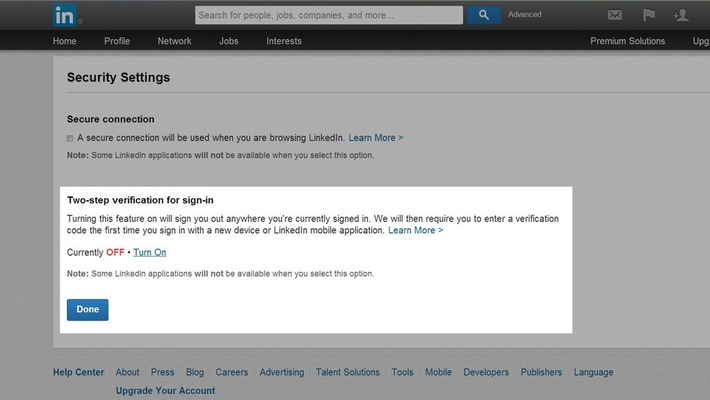


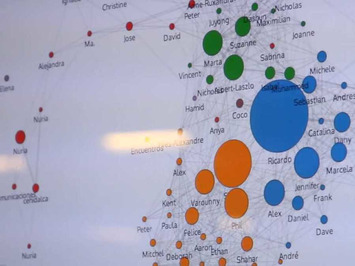

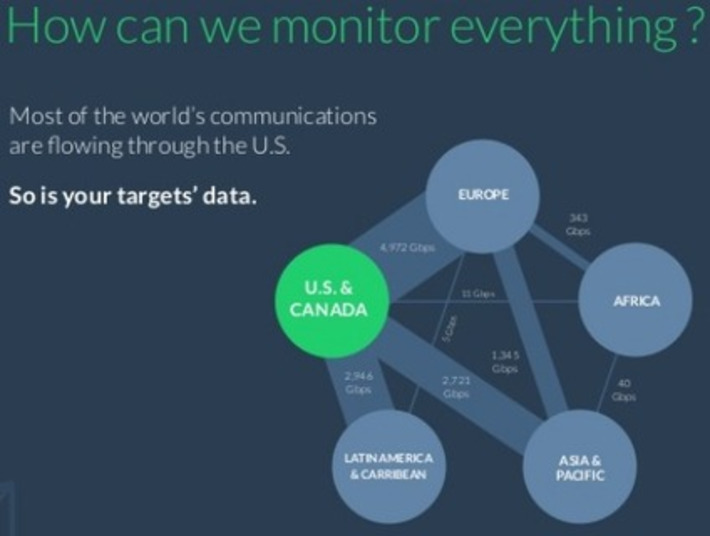






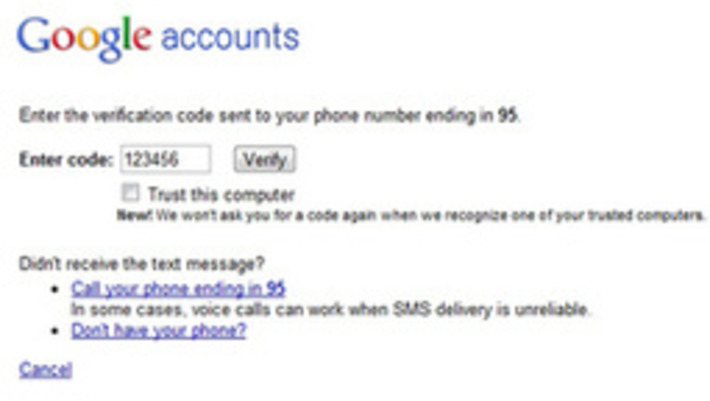


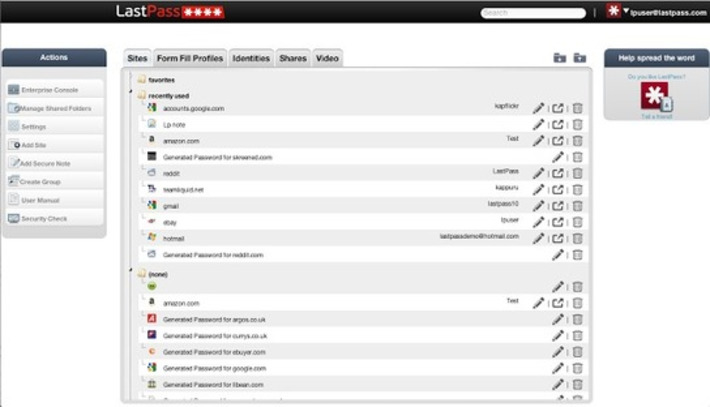










Basically, everyone should become aware and turn "ON" two-factor authentication and start using tools to manage their complex passwords. This is the world we live in!